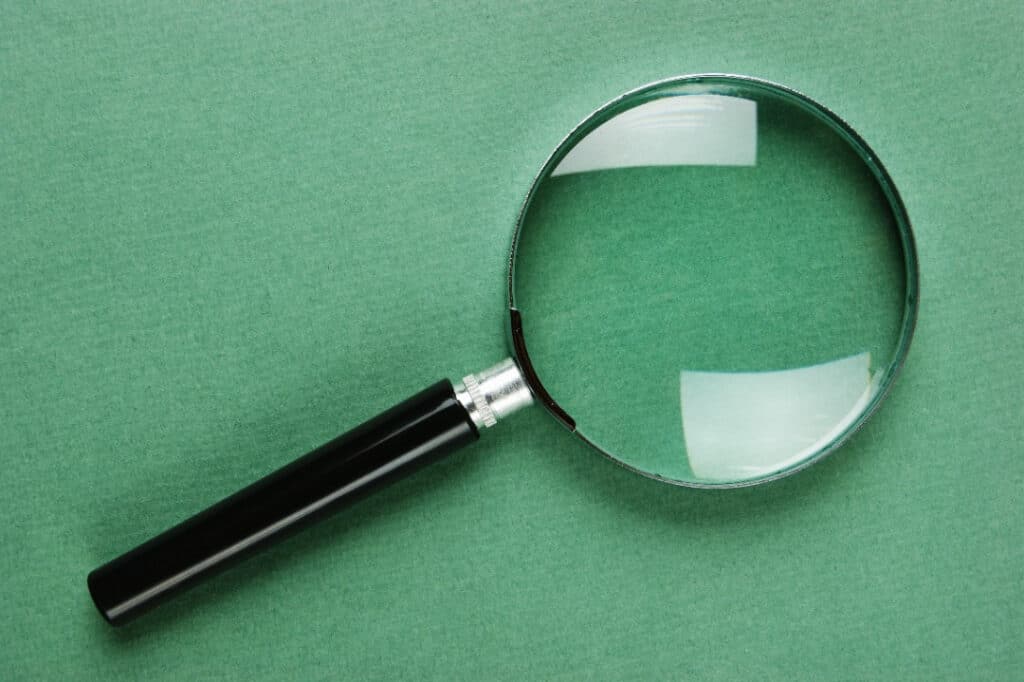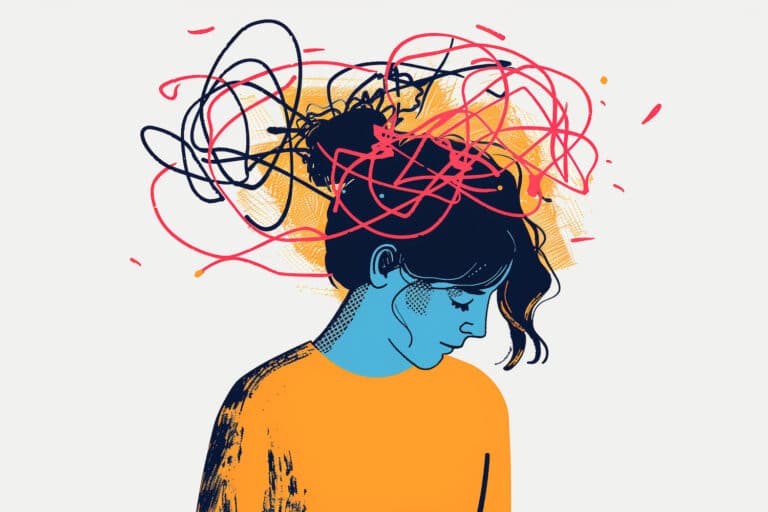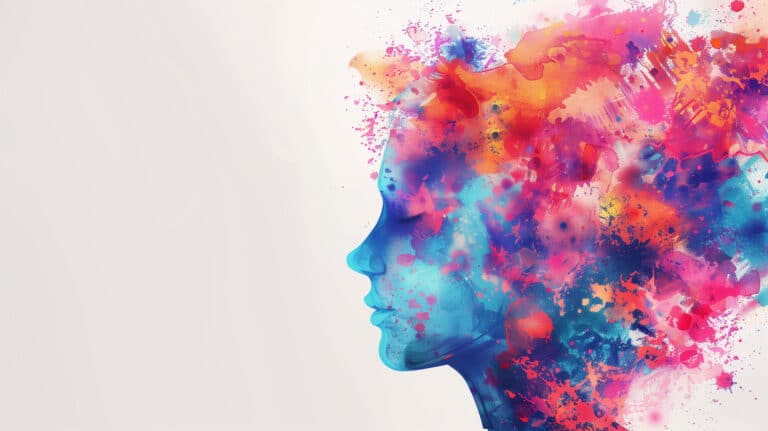Eating disorders can be difficult to identify in loved ones, as they often suffer in silence and hide their struggle. Unfortunately, the longer an eating disorder goes untreated, the more severe the consequences can be. If you fear that a close family member or friend is dealing with an eating disorder, knowing how to approach the situation can be difficult. We will look at how to tell if a loved one is hiding an eating disorder and provide tips on how to help them if they are.
Signs to Tell If a Loved One Is Hiding an Eating Disorder
There are many signs and symptoms of eating disorders, and any number of them may be present in your loved one. Regardless of the condition your loved one may be suffering from, the signs will likely be evident in their eating habits and behaviors around food. Common eating disorder warning signs include the following (1):
- Extreme weight loss
- Fixation on appearance and weight
- Skipping meals, restricting certain types of foods, and avoiding gatherings that involve food
- Excessive chewing or over-cutting food into tiny pieces
- Obsessively focusing on calorie counting
- Isolating oneself from friends and family
- Eating in secret
- Frequently checking in the mirror
- Over-exercise
- Overeating
- Going to the bathroom during or right after meals
- Evidence of laxative or diet pill use
- Calluses on the knuckles from self-induced vomiting
- Dental problems such as enamel loss and tooth decay
- Swollen salivary glands in the cheeks
- Gastrointestinal issues like abdominal pain and constipation
- Dry, itchy skin and brittle nails
- Brain fog and difficulty concentrating
- Dizziness, weakness, or fainting
- Cold intolerance
Long-term Effects of Eating Disorders to Know About
It’s important to note that eating disorders can result in severe psychological and physical consequences or even death. If left untreated, electrolyte imbalances and dehydration commonly occurring with eating disorders can cause heart and kidney failure. There may be long-term gastrointestinal problems such as chronic constipation, esophageal erosion, or even esophageal rupture. Osteoporosis, which is irreversible, may also be a long-term side effect (2). In addition to the long-term physical effects, eating disorders often lead to psychological complications like anxiety, depression, and suicidal thoughts.
Ways to Support a Loved One Suspected of Having an Eating Disorder
Although it may be uncomfortable, you must honestly discuss your concerns with your loved one. The best way you can help is to tell them what those concerns are and, most importantly, let them know you will support them. Recovery is not something that people can do alone, and your loved one will need your presence and empathy during their recovery journey. Additionally, your awareness of and education about eating disorders is vital. People frequently misunderstand eating disorders, so educating yourself will significantly benefit your loved one.
Supportive Ways to Talk to a Loved One About Their Eating Disorder
It’s important to share your concerns with your loved one non-judgmentally. Try to remember that they are probably dealing with very low self-esteem and feelings of guilt and shame. When you have that conversation, do so in a calm and supportive way, avoiding blame or judgment, and offer your support and assistance to help them explore their treatment options.
Resources Available to Help a Loved One Suffering From an Eating Disorder
A wide range of resources is available to help a loved one struggling with an eating disorder. You should seek professional help so your loved one can receive the support, therapy, and nutrition counseling they need for a successful recovery.
Seeking help from a mental health professional specializing in eating disorders is the best way to ensure your loved one receives the care they need. At Magnolia Creek, a team of highly trained eating disorder recovery professionals can provide you with the appropriate treatment for your loved one’s eating disorder. Contact us today to learn more about how our team can help you and your loved one.
References
- Mayoclinic. (2023, March 28). Eating disorders. https://www.mayoclinic.org/diseases-conditions/eating-disorders/symptoms-causes/syc-20353603
- Cleveland Clinic. (2020, October 7). Eating disorders. https://my.clevelandclinic.org/health/diseases/4152-eating-disorders




